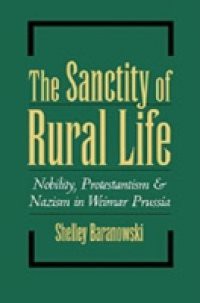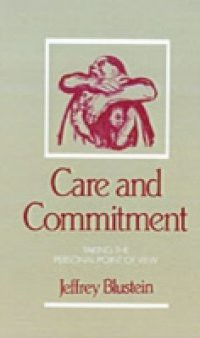Литмир - Электронная Библиотека > Baranowski Shelley (EN) > Sanctity of Rural Life: Nobility, Protestantism, and Nazism in Weimar Prussia

| Sanctity of Rural Life: Nobility, Protestantism, and Nazism in Weimar Prussia
Чтобы оставить свою оценку и отзывы вам нужно зайти на сайт или зарегистрироваться | |||||||||||||||||||||||||||||||||||||||||||||||||||||||||||||||||||||||||||























